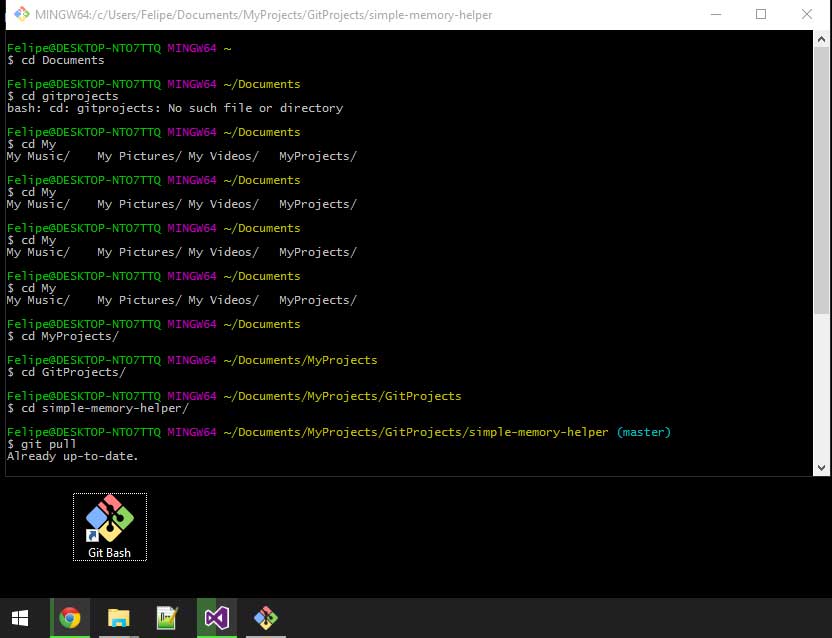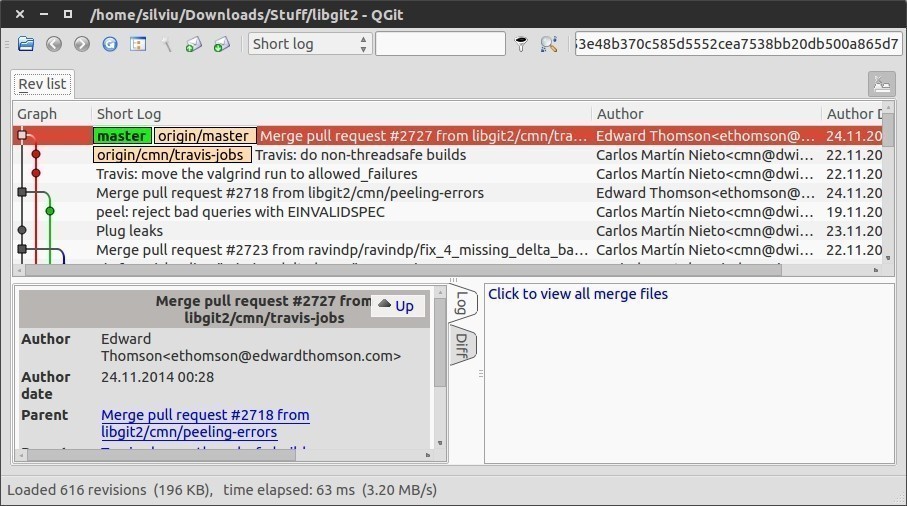

whereis gitĪnd finally, let’s check version: git -version
#DOWNLOAD GIT 2.9.0 HOW TO#
`/usr/bin/git-upload-pack' -> `/usr/local/git/bin/git-upload-pack'įine, we are almost ready. Please look at the technical overview of the Git for Windows packaging and how to include your changes in your own custom installer. `/usr/bin/git-shell' -> `/usr/local/git/bin/git-shell' `/usr/bin/git-receive-pack' -> `/usr/local/git/bin/git-receive-pack' Ln: creating symbolic link `/usr/bin/gitk': File exists Ln: creating symbolic link `/usr/bin/git-cvsserver': File exists My output was the following: git-2.9.5]# ln -sv /usr/local/git/bin/* /usr/bin/ Download ZIP Install Git 2.9.0 from source on RHEL 7.x Raw Git290onRHEL7x.md Install Git 2.9.0 from source on RHEL 7. Let’s create some symlinks (most probably you already have them) ln -sv /usr/local/git/bin/* /usr/bin/

You should see something like this: git-2.9.5]# make configure Let’s first ensure we have all the necessary packages for running git: yum install autoconf cpio curl-devel expat-devel gcc gettext-devel make openssl-devel perl-ExtUtils-MakeMaker zlib-devel Now we need to change directory and start the configuration process: cd git-2.9.5

Let’s extract the archive we have: tar xzvf git-2.9.5.tar.gz Most recent version is 2.9.5 at the moment, so my command will be: wget Since yum install git still doesn’t allow us to install git 2, let me share the fastest way to get git up and running on your server.įirst of all, let’s download the most recent version of git here. Two years ago I have written a short guide on the same subject – here it is. SHA-256 digests for these downloads are available in the redis-hashes git repository.


 0 kommentar(er)
0 kommentar(er)
